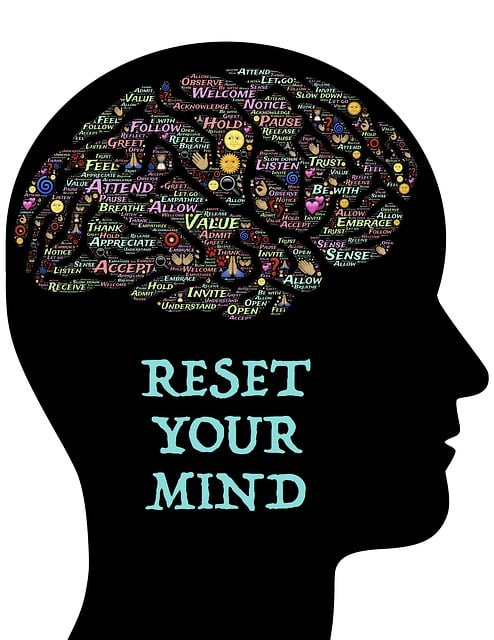"Aristotle, the ancient Greek philosopher, believed that true happiness comes from achieving eudaimonia, often translated as “flourishing” or “well-being.” He argued that happiness is not simply about pleasure but is the result of living virtuously and fulfilling our potential. For Aristotle, cultivating virtues like courage, generosity, and wisdom leads to a balanced and fulfilling life. Engaging in meaningful activities and contributing to the community are central to achieving this."--Aristotle: The Pursuit of Eudaimonia
Happiness is one of those words that gets tossed around all the time, but when you stop and think about it, what does it really mean? We hear about it in books, on television, in therapy, and in everyday conversations. But for something that’s supposed to be so central to life, it’s surprisingly hard to define.
Some people say happiness comes from mindfulness. They tell us to live in the moment, to be present, to notice the small things, and to practice gratefulness. And those things are all good and important. I’ve tried to live that way, and there’s no doubt that mindfulness can bring calm and clarity. But does that mean it brings happiness? Maybe it helps us feel less anxious. Maybe it quiets our minds. Maybe it softens the edges of life. But even that doesn’t explain what happiness really is.
Others say happiness is simply the absence of suffering. That it’s not joy or elation, but just the ability to live without constant pain, sadness, or despair. I understand that, especially as someone who has known depression and loneliness. When life feels dark, even a small relief can feel like happiness. But again, that still doesn’t seem to capture it fully. Just because we’re not miserable doesn’t mean we’re happy.
Sometimes people point to those rare moments of elation and say, “That’s happiness.” And it’s true, those moments are powerful. I remember when my wife and I got married. I remember when our twin daughters were born. Those were extraordinary moments, filled with emotion, gratitude, and joy. But those moments don’t last. They come and go, and afterward we return to the steady rhythms of everyday life.
What lasts longer, at least for me, is not elation but something quieter. A kind of deep satisfaction. A contentment that comes from doing what matters. From loving someone and being loved. From raising a family. From watching your children grow and become who they are. From sitting with a friend at the end of a long day. From earning enough to feel safe and able to give something to your loved ones. That’s not fireworks. That’s not cheering from the rooftops. But it is something real.
So maybe that’s what happiness is. Not a feeling that explodes like a rocket, but a gentle presence that settles in when life feels meaningful. Maybe happiness isn’t one thing at all. Maybe it’s a collection of moments, both large and small. A laugh shared. A meal enjoyed. A letter received. A dog resting at your feet.
I once believed that if I had lots of money, happiness would follow. I don’t believe that anymore. My wife and I never had bundles of money, but we had enough. Enough to send our daughters to summer camp. Enough to travel and see places we’d only read about. Enough to pay for their education. Enough to live with a sense of pride and gratitude. And even those with far more money than we ever had are not necessarily happier. The idea that wealth solves everything is a myth we Americans love to believe. But wealth doesn’t quiet the soul. It doesn’t bring back a lost loved one. It doesn’t heal the ache of being misunderstood. And it certainly doesn’t teach us how to love or be loved.
What I now understand is that happiness is deeply tied to connection. It’s about the people we care about and who care about us. It’s the difference between being alone in the world and knowing you are part of something larger than yourself. That may be family. That may be children or grandchildren. Or it may be something as simple and beautiful as a morning breakfast shared with good company.
I’ve written before about the breakfast table in my senior community. It is made up of a small group of people who know how to smile, laugh, share stories, and simply enjoy one another. It is not just a table. It is a happy place. We joke, we talk, we listen. We don’t solve the world’s problems, but we make each other feel seen and valued. There’s something deeply human about that. It’s something I look forward to. And for me, that feeling—that ordinary warmth—is part of what happiness really is.
So here I am, looking back at a life that has had its share of pain and also its share of joy. I can’t say I’ve been happy for most of it. But I’ve known what satisfaction feels like. I’ve known contentment. And I think that may be as close to happiness as we’re meant to get.
Happiness, perhaps, is not something we chase or catch. It may be something we notice, quietly, in the background of a life that’s been lived with care, love, connection, and purpose.









Thank you Doc. Beautifully said. I find my view of happiness closely aligned with yours. Less fireworks more simple background gratitude and connection. Bless you mate.
We need friends and we need warm relationships and those warm relationships. Bring a sense of comfort. We cannot fix the world, but we can learn to live in the world comfortably for ourselves and for our friends, neighbors, and families.